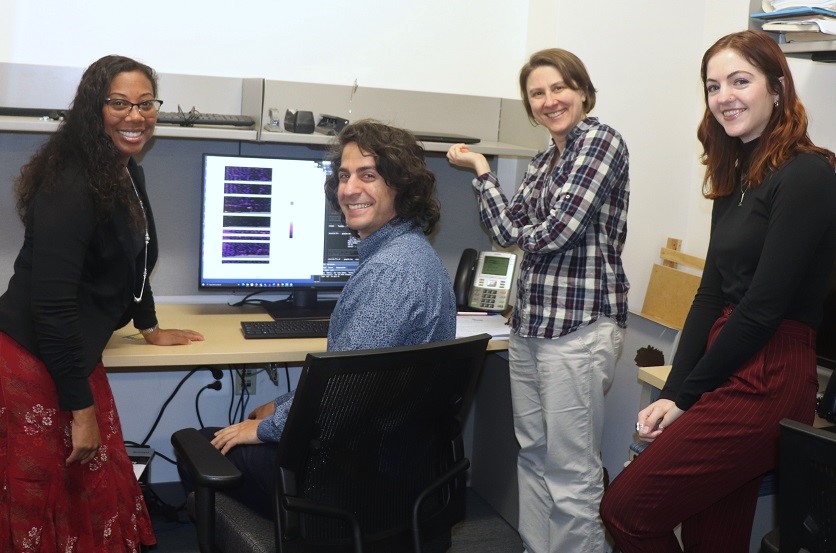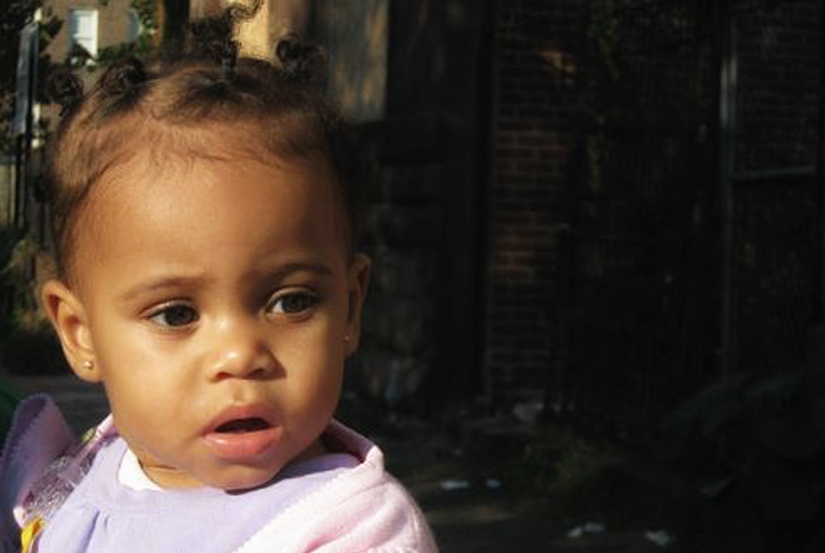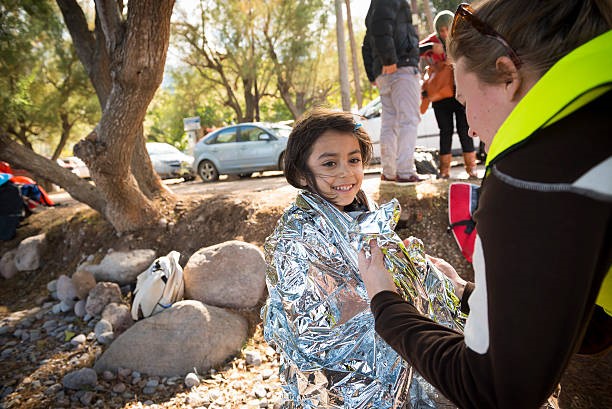
The Drexel Urban Health Collaborative (UHC) works to improve health in cities by increasing scientific knowledge and public awareness of urban health challenges and opportunities, and by identifying and promoting actions and policies that improve population health and reduce health inequities.
The UHC conducts research, disseminates evidence and builds capacity through partnerships and the exchange of information.
Ana Diez Roux, MD, PhD, MPH, director
Usama Bilal, PhD, MPH, MD, co-director

The Biostatistics Scientific Collaboration Center (BSC) provides professional, high quality data analysis, biostatistical computing, and data management services to a wide range of clients in biomedical and public health research.
The BSC team can assist with observational studies, clinical trials, outcomes research, animal studies, and more.
Reneé H. Moore, PhD, director

The Center for Hunger-Free Communities is a community-engaged research and advocacy center focused on developing innovative, empirically tested solutions to the challenges of hunger and economic insecurity.
Center programs include the Building Wealth and Health Network, Children’s HealthWatch, and Witnesses to Hunger.
Sandra Bloom, MD, principal investigator

The Center for Public Health Readiness and Communication (CPHRC) conducts research and provides service and education in the field of public health emergency preparedness.
The Center works to build public health infrastructure and capacity for disaster response and recovery, and enhance community preparedness and resilience, especially for at-risk individuals.
Esther Chernak, MD, MPH, FACP, founding director